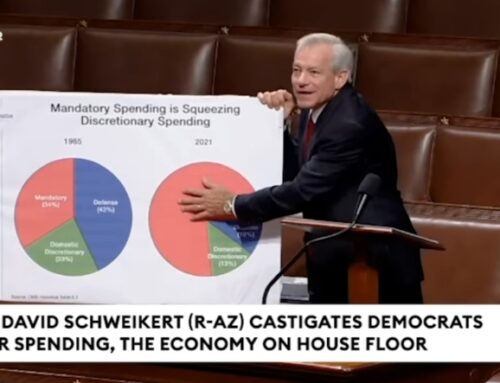The administration in Washington and Congressional buzzards are swooping in on wings of outrage to attack and dismantle as much of the free market oil industry as they can during the present Gulf oil crisis.
The demagogue central planners, Obama and company, have woken from their slumber and bungled leadership to an orgy of ginned up outrage on the House and Senate floor. The Greek chorus in Washington has sprung to life into the only action they really know: whining, pointing fingers, crippling businesses, killing jobs in entire sectors of the economy, all the while shaming and castigating the producers and achievers to whom we owe our quality of life.
Exploiting the environmental crisis, they are rocketing the ball down the field to further their agenda of centralized planning and state control of U.S. oil production, along with sweeping energy and Cap and Trade legislation.
These Congressional and administration furies, whatever the “outrage du jour,” are consistently creating greater unemployment, higher tax burdens, and greater debt – which all combine in a nasty downward spiral to more of the same. If there is an addiction that matters, it Obama’s and the Congressional majority’s addiction to more czars and more central, bureaucratic control of the private sector.
Far from an addiction, oil has been a tremendous blessing, as Jeff Jacoby points out in his recent Boston Globe op-ed Oil Fuels Better Lives:
Awful as the catastrophe has been, however, life without oil would be far, far worse.
Americans consume oil not because they are “addicted’’ to it, but because it enriches their lives, making possible prosperity, comfort, and mobility that would have been all but unimaginable just a few generations ago. Almost by definition, an addiction is something one is healthier without. But oil-based energy improves human health and reduces poverty — it makes life longer, safer, and better. Addictions debase life. Oil improves and expands it.
Jacoby concludes:
Someday there may be an energy source that is as abundant, efficient, clean, and economically viable as oil. But nothing today fits that bill — certainly not biofuels, wind farms, or solar power. Besides, it isn’t only energy products that we get from petroleum. Crude oil refining also makes possible plastics, synthetic fibers, lubricants, waxes, asphalt. “Other products made from petroleum,’’ notes the US Energy Information Administration, “include ink, crayons, bubble gum, dishwashing liquids, deodorant, eyeglasses, CDs and DVDs, tires, ammonia, [and] heart valves.’’
The United States consumes more than 300 billion gallons of oil per year, nearly two-thirds of it imported. There is no denying the drawbacks associated with oil, but its advantages are equally undeniable. American wealth, progress, and autonomy — the most dynamic and productive economy in history — would be impossible without it. What we have isn’t an addiction, but a blessing.
Let’s hope that Congress and Obama remember this as Americans struggle to stay afloat long enough to survive the government-created burden of debt, uncertain business environment, looming health care regulations, tax increases, record unemployment, shrinkage of the private sector, and the METAstaSIZING government sector.





